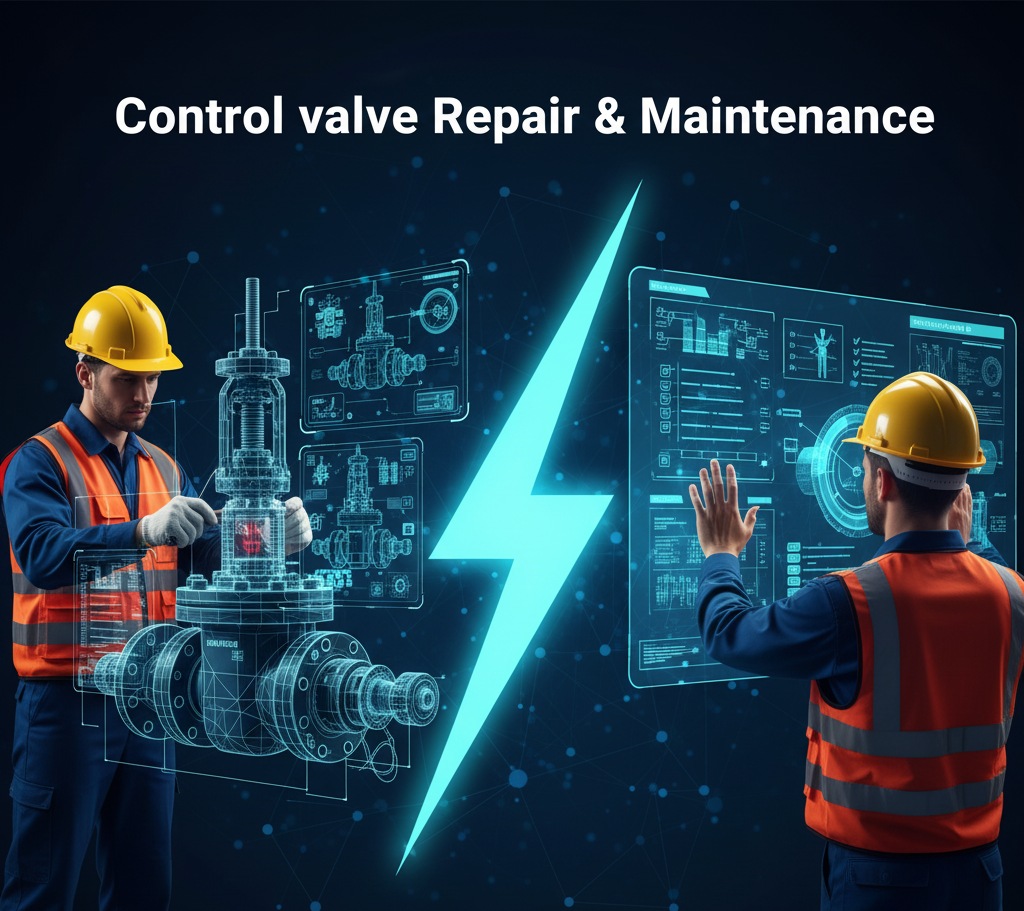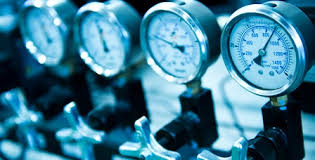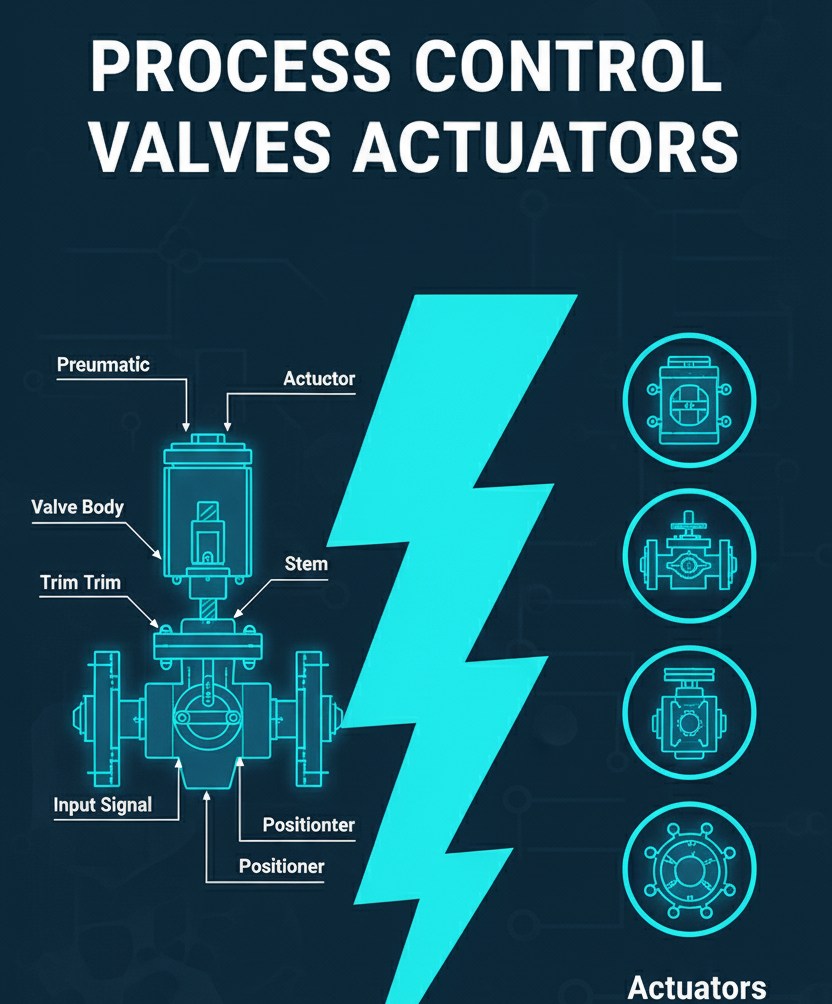

This is designed to train new and limited experience technicians, and limited experience engineer.
The program is useful for mechanical, instrument, electrical, chemical and also senior supervisor.
This interactive Training will be highly interactive, with opportunities to advance your opinions and ideas and will include;
Day 1:
The purpose of final control elements
Day 2
Day3 :
Control valve sizing
Valve positioners & accessories
Day 4 :
Electric motor drive control
Regulators, relief valves, and other control elements regulators
Safety relief valves
Day 5 :
On line valve testing to determine static and dynamic parameter
CDGA attendance certificate will be issued to all attendees completing minimum of 80% of the total course duration.
| Code | Date | Venue | Fees | Register |
|---|---|---|---|---|
| IE124-02 | 19-04-2026 | Muscat | USD 5450 | |
| IE124-03 | 21-09-2026 | Kuala-Lumpur | USD 5950 | |
| IE124-04 | 18-10-2026 | Dubai | USD 5450 |

Extensive course materials provided contained useful information about valves/sizing and selection both theoretical and practical. You will gain a practical understanding of control valves, actuators, ...

This training course has been designed to take all plant employees (regardless of their background knowledge), and build them up to be versatile and proficient in the use and operation of the various ...
Providing services with a high quality that are satisfying the requirements
Appling the specifications and legalizations to ensure the quality of service.
Best utilization of resources for continually improving the business activities.
CDGA keen to selects highly technical instructors based on professional field experience
Since CDGA was established, it considered a training partner for world class oil & gas institution
3012, Block 3, 30 Euro Business Park, Little Island, Co. Cork, T45 V220, Ireland
Mon to Fri 09:00 AM to 06:00 PM
Contact Us anytime!
Request Info